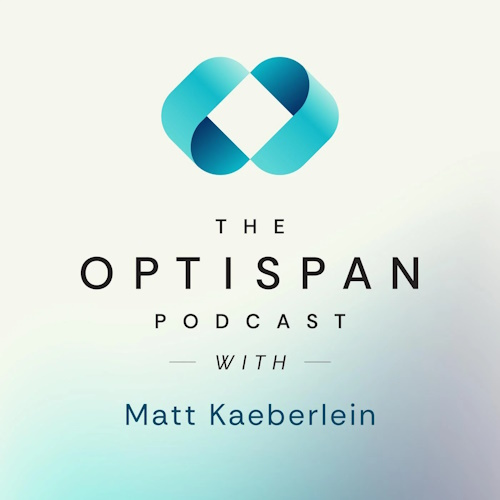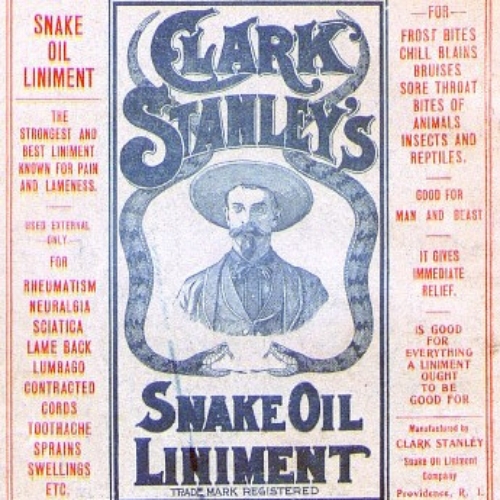Debunking 10 Longevity Myths You Still Believe
Optispan podcast episode - Matt Kaeberlein debunks ten common myths about health and ageing
In this episode of Optispan, Dr. Matt Kaeberlein tackles some of the most common misconceptions about health, aging, and longevity. Drawing on decades of research in the biology of aging, he highlights where popular beliefs go wrong—and what the science actually tells us.
Key Points:
Longevity science is advancing rapidly, but myths and hype often outpace evidence. Kaeberlein emphasizes that lifestyle remains the most reliable longevity “medicine,” with science steadily refining the rest.
- Myth 1 – Biological age tests are precise: Current “age clocks” don’t truly measure biological age, only biomarkers correlated with it. Functional measures like grip strength or VO₂ max are more meaningful.
- Myth 2 – Supplements are central to longevity: While some (like vitamin D or omega-3s) may help if you’re deficient, lifestyle habits—diet, exercise, sleep, relationships—remain the true foundation of long life.
- Myth 3 – Genes or age limit your chances: Genetics account for less than half of longevity, and interventions can improve health even when started late in life—so it’s never too late to act.
- Myth 4 – Resveratrol, rapamycin, and peptides as “magic bullets”: Resveratrol has no proven lifespan benefit, rapamycin remains unproven in humans, and peptides are often marketed with little rigorous safety or efficacy data.
- Myth 5 – Aging isn’t researched or treatable: Contrary to belief, FDA approval isn’t blocked by aging not being labeled a disease; the challenge is endpoints and evidence. Aging research, however, remains chronically underfunded despite being the biggest risk factor for major diseases.
Visit website: https://www.youtube.com/watch?v=40CYDDf68EI
See alsoDetails last updated 06-Sep-2025




